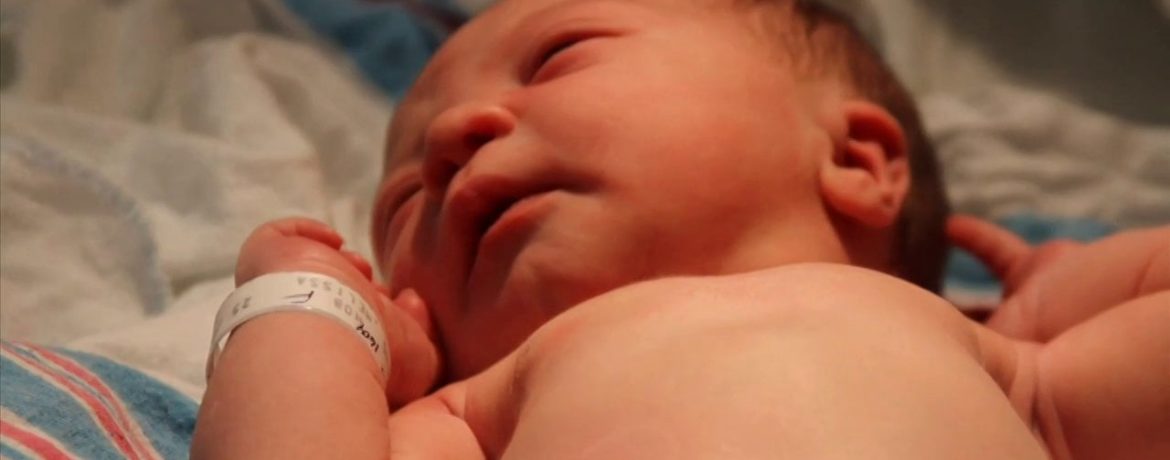What is Congenital Heart Defect?
CHD (Congenital Heart Defect) is a common birth defect found in the New-borns. It causes various other heart defects and problems with the heart valves, improper connection with the blood vessels, holes in the heart valves, etc. CHD is basically a problem with the structure of heart. Studies have found that every year 40000 babies in the United States are born with this defect and 8 out of every 1000 new-borns are affected with it. This is a life- threatening defect and require surgery.
Earlier, because of the lack of techniques and treatments the diagnosis was poor and death rates were higher, but now the treatment and diagnosis has greatly improved over the past few years. As a result, even the children with complex heart defects survive to adulthood and live a normal life, but would require proper care and attention throughout their lives.

Some Congenital heart defect facts that could be overwhelming for you:
Congenital Heart Defect has no complete cure:
If you had heart surgery in childhood, you would have followed up appointments and medications for the rest of your life. There is no cure for this, surgeries are done to make sure that person gets better up to some extent. Adults with CHD can experience ongoing health issues like heart failure, abnormal heart rhythms, stroke, and even premature cardiovascular death as well.
There are more adults than children living with congenital heart defects.
Most of the people doesn’t even know that they have a congenital heart defect and it’s devastating for them when diagnosed later in adulthood when they face some abnormal cardiac activity or problem with their heart. According to the studies there is no accurate number of adults with CHD as there is no system to follow up, but children with CHD is under 1 million.
Imaging tests of heart would look different for people with CHD
Only the cardiologist who are specialist in congenital heart defects would be able to make out the problems of people with CHD, a general cardiologist could miss important signs of disease as they are used to looking at normal heart structure and would not understand the imaging tests of a person with CHD. Their heart has a different structure than a normal heart and requires special treatments. The defect in the structure can be missing vessels, malformed heart valves, holes in heart, etc.
Person with CHD might need pacemakers as they get older.
If the surgery for CHD was performed during childhood or when the person was a toddler, the doctor wouldn’t have said that there might be chances of getting a pacemaker later in life. But it has been observed that in our 40’s there are increased chances of requiring a pacemaker for the proper functioning of the heart. A pacemaker is implanted under the skin and uses an electrical impulse to keep the chambers of the heart beating regularly. An abnormal heart rate, called arrhythmia, can develop in people living with a congenital heart defect. Inserting a pacemaker into a person suffering with/ having CHD is quite a challenge, as the structure of their heart is complicated in comparison to a normal heart.
Read More:
https://www.worldwidehealth.com/health-article-How-is-a-Bone-Marrow-Transplant-done.html
https://topsitenet.com/article/206806-what-is-revision-total-hip-replacement/
https://travllers.teachable.com/p/travel-tips-for-kidney-patients
https://healthiid.com/10-answers-to-questions-about-knee-replacement-surgery/
https://guestnode.com/post/1089-how+long+does+the+kidney+transplant+operation+take%3F


 proccessing your request...
proccessing your request...
Comments